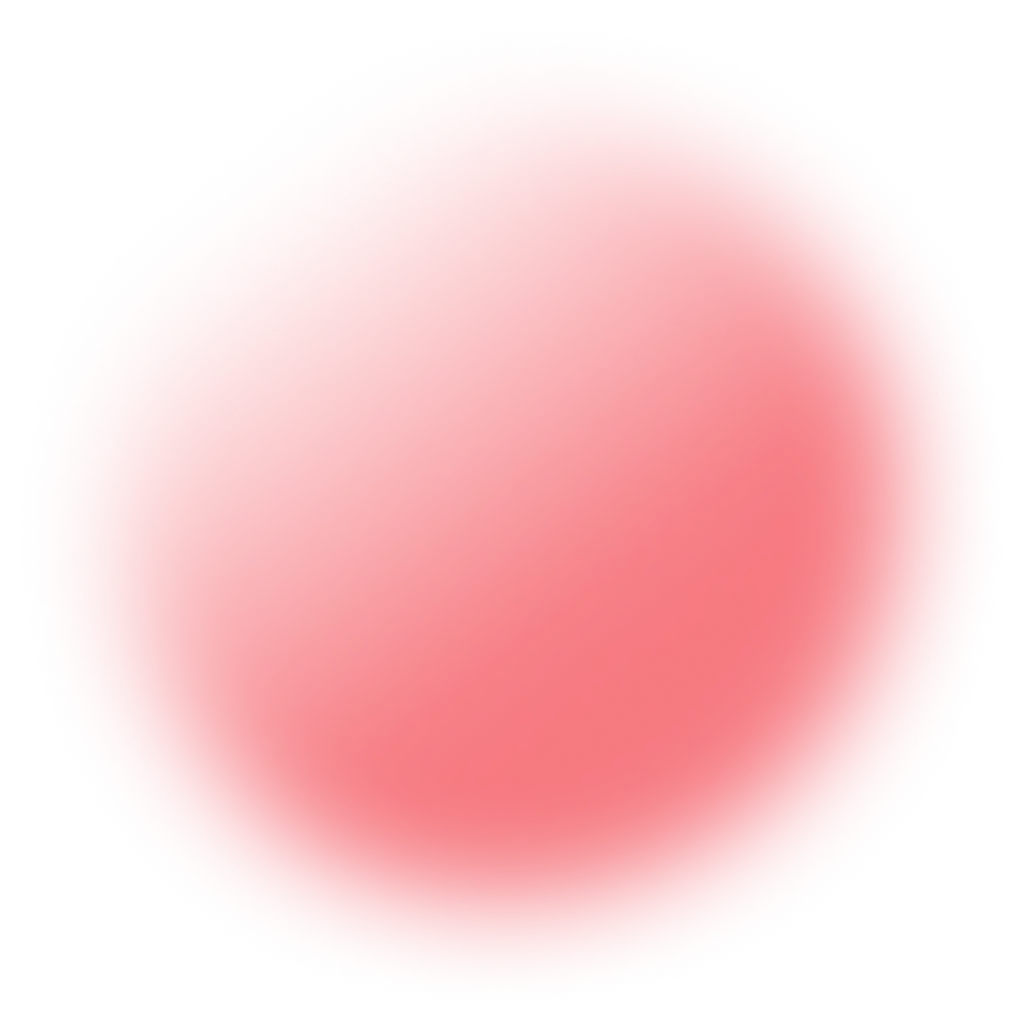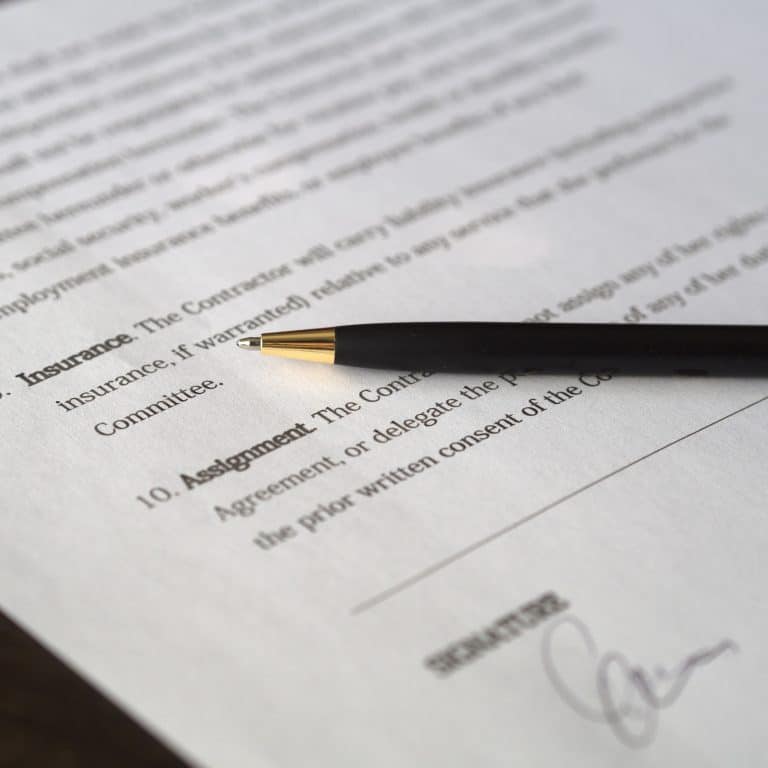The tale of the triumphant underdog is a much-loved Australian classic. In 2019, we saw this familiar theme play out in real-life, as small Aussie businesses stood up against US juggernauts to uphold their trade mark rights.
Mini-golf warriors
Take a traditional putt-putt course, throw in a lively bar, trendy tunes and a bit of karaoke for good measure, and you’ve got Australia’s Holey Moley mini golf courses. Holey Moley Golf Club is owned and operated by the company Fun Lab and has locations across Australia, New Zealand and Singapore. With plans for further international expansion, Fun Lab also registered the Holey Moley trade mark in the USA in 2018.
Enter NBA superstar Steph Curry and his mini-golf game show titled – you guessed it – Holey Moley. The series launched in the US in 2019, produced by Eureka Productions. The show went to air despite Eureka’s apparent knowledge of Fun Lab’s existing trade mark and a rejected trade mark application of its own.
Fun Lab filed a trade mark infringement application against Eureka in mid-2019, seeking an injunction which requires Eureka to state that Holey Moley is a registered trade mark of Fun Lab’s in the show’s credits.
With Eureka’s Holey Moley set to run a second season, we’ll keep watch to see how this match plays out.
Tip: If you’re planning an international expansion, do as Fun Lab did and register your trade mark in that country before making your move!
The peanut butter battle
A long-running dispute between household names Kraft and Bega came to a crunch in May 2019, with the smaller company triumphantly taking home the rights to the recognisable peanut butter packaging.
Bega’s battle began back in 2017 when it seized the opportunity to buy iconic Australian spreads Vegemite and Kraft peanut butter from US food giant Kraft (now merged with Heinz to form Kraft Heinz).
Kraft quickly realised the lost opportunity in leaving the lucrative Australian peanut butter market. In 2018 the company came up with a new recipe and launched a nutty spread in almost identical “trade dress”, or packaging, to that which it had made famous.
While Kraft claimed that the trade dress of the peanut butter – including the shape of the jar, yellow lids and blue and red peanut labels – was not included in its sale to Bega, the courts eventually concluded otherwise. In a win for the little guy, smaller Aussie company, Bega, was awarded exclusive rights to the distinctive product look.
Tip: Trade marks aren’t just for words and logos. Trade marks can apply to other distinctive brand elements such as sounds, shapes, colours and packaging.
A case of two Katies
Another David vs Goliath clash that progressed in 2019 involved a Sydney-based fashion designer filing proceedings against international pop star Katy Perry for trade mark infringement over their shared name.
Now using her married name, Katie Taylor has owned the trade mark rights to the name Katie Perry in Australia since 2008. Taylor claims that over the years the pop star’s team have attempted to bully her into giving up her trade mark, but she refused to let the brand go. The superstar proceeded to launch her own clothing line in Australia anyway, infringing on Taylor’s trade mark rights.
Previously unable to finance legal proceedings against the pop star, the Australian designer commenced action to defend her trade mark in 2019 with support from Litigation Capital Management Limited, stating “I am fighting not just for myself, but for all small businesses in this country who can be bullied by these overseas entities who have much more financial power than we do.”
Tip: First in is best dressed. Trade marks are a point in time system, so it pays to get your application in before your competitors do.
Trade marks are for everyone
As these cases show, trade marks aren’t just for big businesses. Your name is your business’s identity and it needs protection. Even well-funded overseas heavyweights must comply with Australian trade mark laws. You can take them on, and win, if you’ve done the right thing. And remember:
- Apply for a trade mark in relevant countries before expanding overseas.
- Trade marks are for more than just names and logos – you can protect a variety of distinctive brand elements.
- Get in early and protect your brand before your competitors swoop in.
- You’re never too small to protect your brand. Trade marks are a cost-effective way to protect your brand now, and potentially save a lot of money and heartache in the future.



